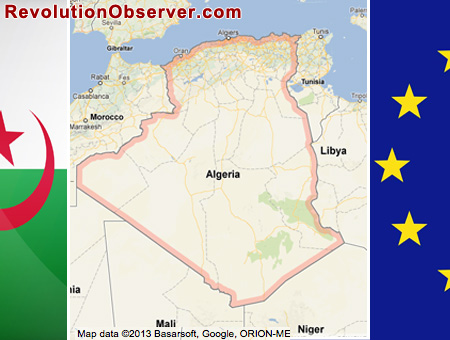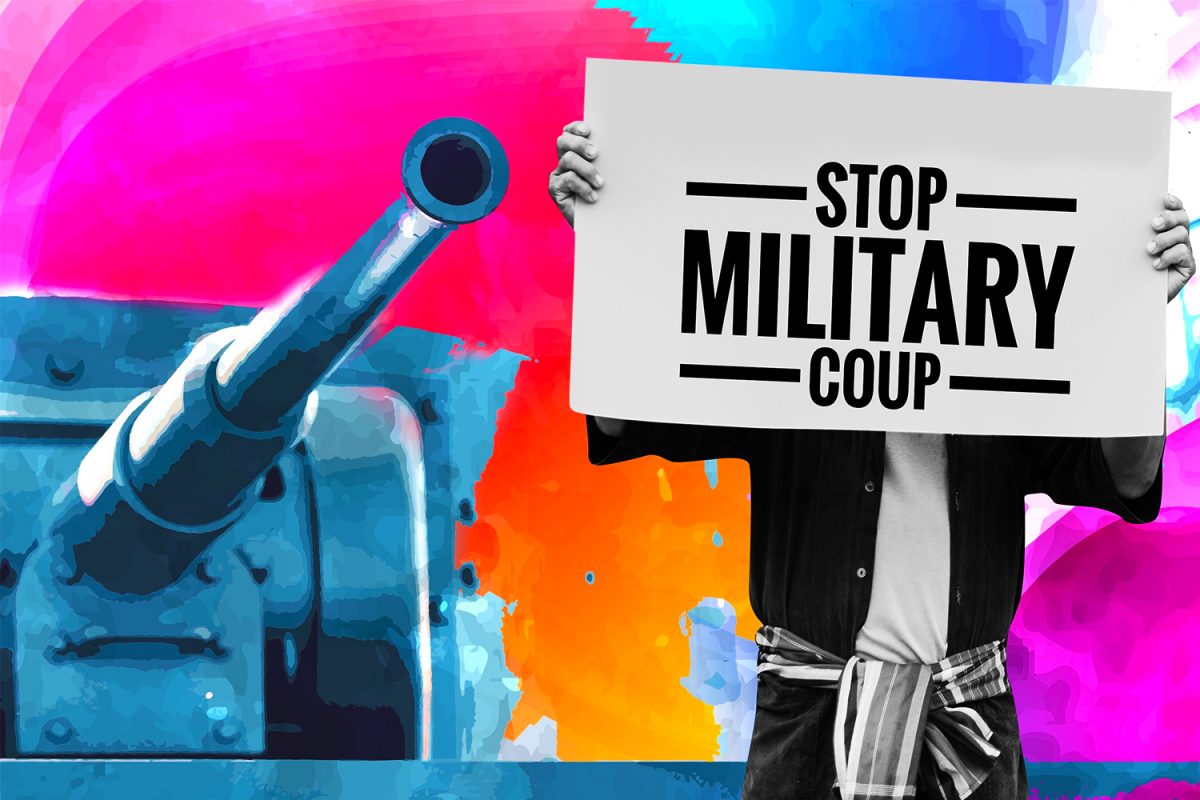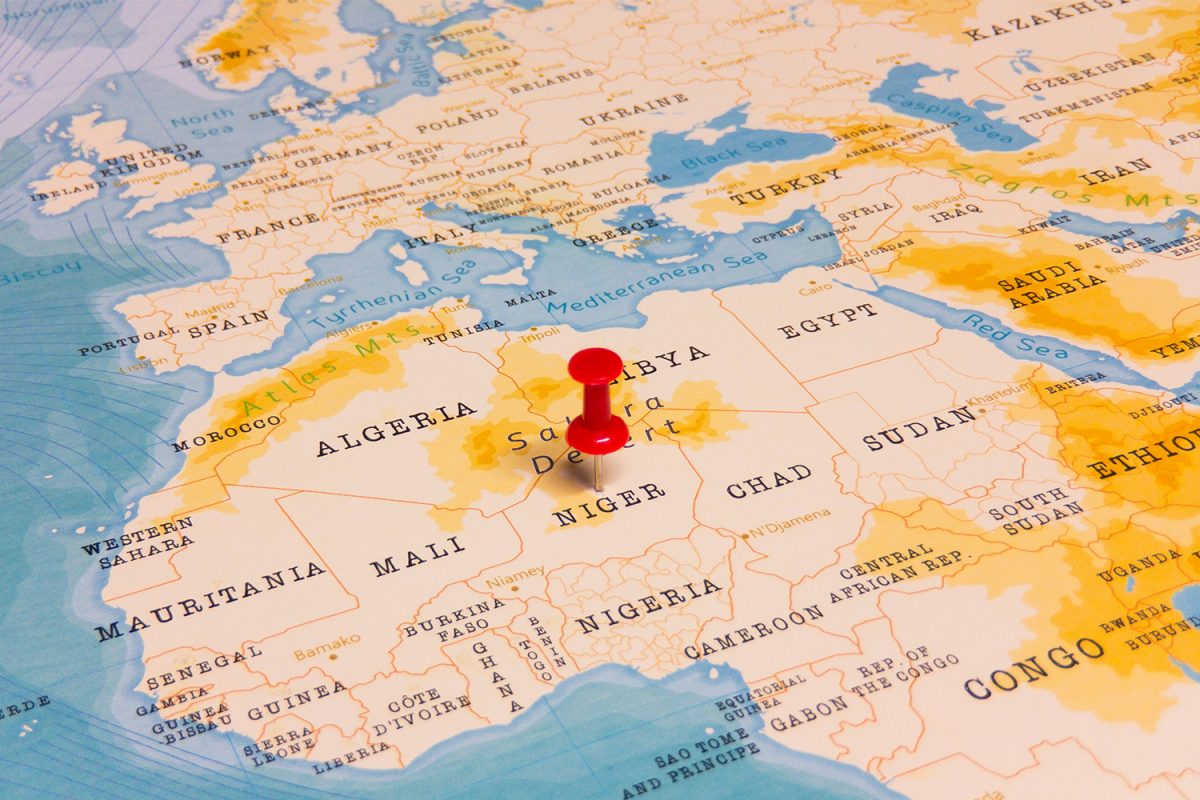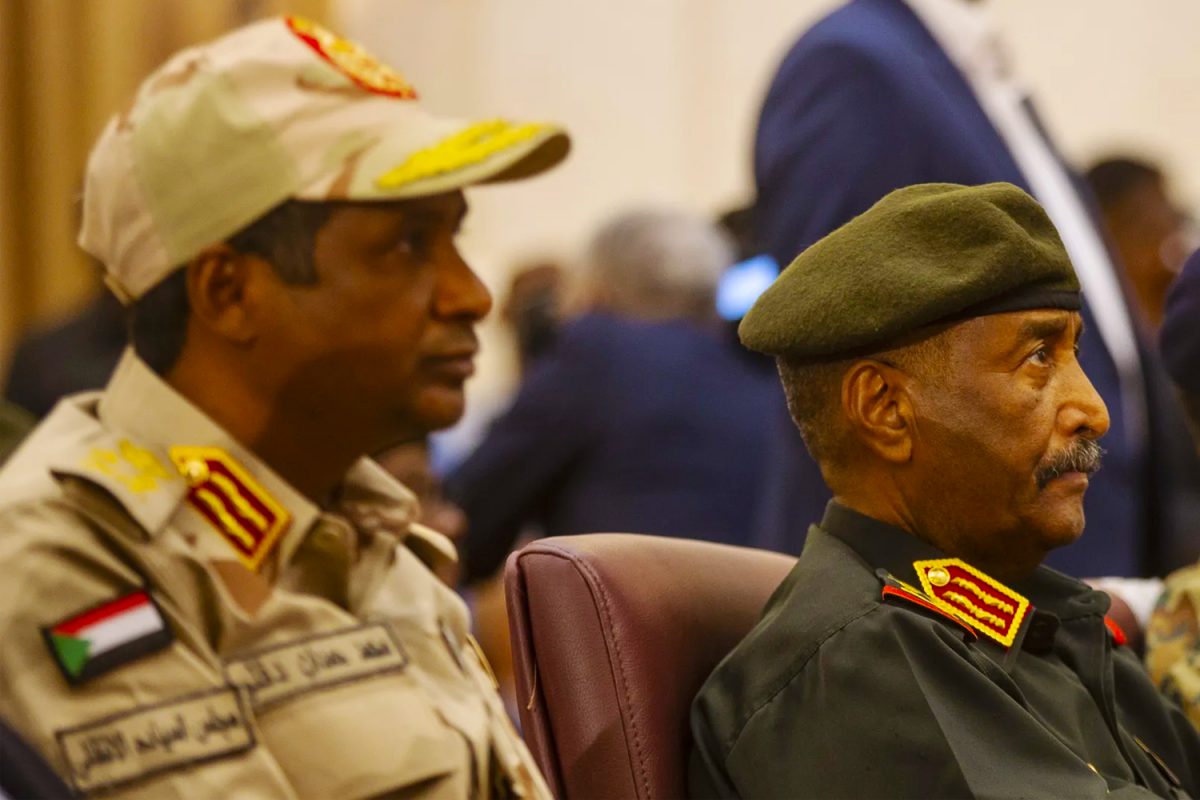By Adnan Khan
As the French intervention in Mali reaches its first month, it is Algeria that continues to receive global media headlines. The Ain Aminas hostage crisis thrust Algeria into the limelight and highlighted the nation’s close relationship with Europe. The Northern African nation on the Mediterranean has historically been important to Europe and especially France. Due to its sheer size and close proximity to Europe, Algeria plays an important role in North and West Africa. This is why a number of nations are competing for influence over the country.
Algeria came under French rule in 1848 and, unlike the British and other European colonialists, the French attempted to assimilate the majority Muslim dominated populace of Algeria into French culture and customs. During this period the French created a small French-speaking indigenous elite in order to consolidate their authority over the country. Until independence, the whole Mediterranean region of Algeria was administered as an integral part of France. Algeria was one of France’s longest-held overseas territories, and 50,000 French people emigrated to Algeria between 1825 and 1847.[1] These settlers benefited from the French government’s confiscation of land. The Algerian war of independence from 1954 – 1962 attempted to change the status quo and after an estimated 50,000 deaths the Evian Accords were signed, giving Algeria its apparent independence.
Algeria will always be important to Europe due to its abundant resources. Algeria possesses large gas and oil reserves. Energy is the lifeline of the Algerian economy, accounting for 36% of its GDP and around 60% of the country’s revenues. Algeria mainly produces a type of high-quality crude oil that is particularly sought after for blending purposes. Its gas reserves are the largest in Africa after Nigeria making it the world’s fourth largest gas exporter. Algeria is estimated to have an estimated 4.5 trillion cubic meters of natural gas, and the Algerian government estimates that the country also has around 17 trillion cubic meters of shale gas.[2] With European North Sea oil in Norway and the UK declining, Europe has been looking to replace Russian energy dependency with more stable supplies, mainly due to Russia’s use of its energy supplies as a political tool. In a European Union report: The European Union’s Energy Security Challenges, it highlighted: “EU efforts to diversify European energy supplies and decrease dependence on Russia have heightened calls within Europe for stronger political and economic engagement in the Middle East and North Africa…. The potential for growth in Europe’s energy diversification strategy with respect to the Middle East and North Africa is significant. Nevertheless, as with the Caspian region, if the EU is serious about lowering its dependency on any one source, it must turn more and more to the Middle East and North Africa.”[3]
France intervened in 1991 when the Islamic Salvation Front (FIS) was poised to win elections in Algeria after gaining immense popularity with the public. Fearing an imminent Islamic takeover, the National Liberation Front (FLN) government cancelled elections and power was handed over to the military. The situation spiraled out of control after atrocities were committed by government forces “dressing up as Islamists” and carrying out massacres and rapes in areas suspected of harboring rebels in order to deplete support for FIS.[4] France was implicated in these atrocities through the covert military assistance they gave in helicopters, night goggle vision, aerial surveillance and the sale of military equipment through private security companies.[5]
French influence in Algeria still remains through the army. However, its political influence over the civilian leadership has long been in decline. Were it not for French links to the Algerian army, its influence would have been completely removed. Abdelaziz Bouteflika stood against the Mediterranean Union project which Nicolas Sarkozy was trying to expand to other North African countries in 2008, which would have significantly strengthened France. Algeria also delayed Hollande’s visit to the country due to his stance of not apologizing for France’s colonial past in the country. Recently Abdelaziz Bouteflika has grown close to the UK[6] and was the first Algerian leader to visit Britain in 2006, the British ambassador to Algeria confirmed: “the UK’s relationship with Algeria is a long established one. Since President Bouteflika’s visit to the UK in 2006, our relationship has gone from strength to strength in a wide range of areas including trade, energy, combating terrorism, migration, defence relations and defence sales.”[7] Ever since the coup in Mali which was carried out by officers trained by the US, the US has also managed to increase its contacts with Algeria and sign off on a number of strategic deals. Hillary Clinton confirmed after her meeting with Abdelaziz Bouteflika in October 2012: “We discussed our very strong bilateral relations, and we have indicated that we had just finished an excellent strategic dialogue hosted by Washington last week. We had very deep talks on the situation in the region, especially in Mali.”[8]
The importance of Algeria’s hydrocarbons and strategic location on the mediterranean as well as it influence in Africa is leading to the decline of traditional French influence in the country. Britain has been most successful in its endeavour to win over Algeria’s political class, however the instability that has resulted due to the events in Mali has allowed the US to enter the fray. Whatever the outcome in Mali the scramble for Algeria is well under way.
[1] Keith Randell, ‘France – Republic, Monarchy, and Empire’ Hoder education, 1991
[3] http://www.fas.org/sgp/crs/row/RL33636.pdf
[4] http://algeriawatch.tripod.com/Packet4.html
[5] http://www.algeria-watch.de/en/aw/francalgerie.htm
[6] http://www.guardian.co.uk/world/2013/jan/30/david-cameron-algeria-growing-warmth-sahara
[7] http://ukinalgeria.fco.gov.uk/en/about-us/our-embassy/our-ambassador/
[8] http://www.state.gov/secretary/rm/2012/10/199868.htm
[4] http://algeriawatch.tripod.com/Packet4.html
[5] http://www.algeria-watch.de/en/aw/francalgerie.htm
[6] http://www.guardian.co.uk/world/2013/jan/30/david-cameron-algeria-growing-warmth-sahara
[7] http://ukinalgeria.fco.gov.uk/en/about-us/our-embassy/our-ambassador/
[8] http://www.state.gov/secretary/rm/2012/10/199868.htm





